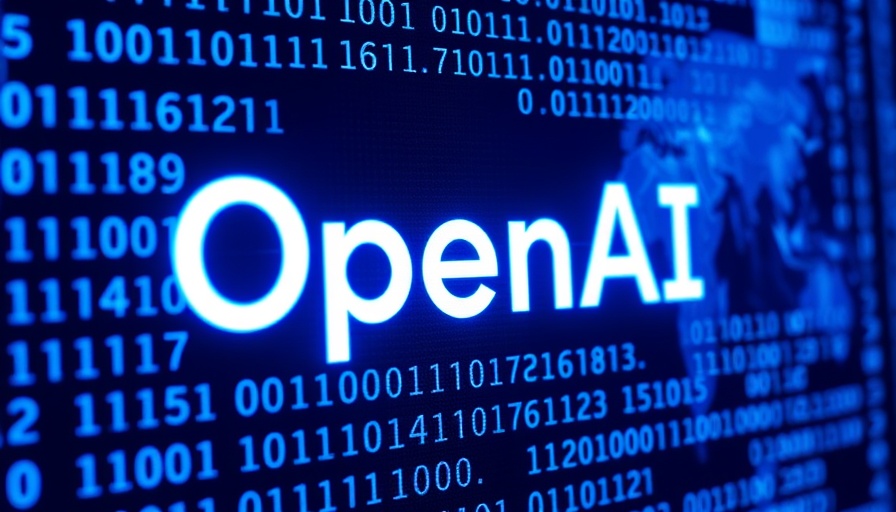
Understanding the Decline in Office Occupancy Rates Amid AI Advancements
Mark Cuban recently posed a significant question on the impact of artificial intelligence (AI) on white-collar jobs, particularly regarding office occupancy rates in urban centers. His argument suggests that if AI is truly poised to disrupt traditional employment, we should be witnessing a noticeable decline in office demand, especially in large cities housing major employers. As his query suggests, one might wonder: Are we seeing this change already?
Current Trends in Office Space Utilization
Data indicates that office vacancy rates have indeed been climbing, driven by shifts in workplace dynamics accelerated by the COVID-19 pandemic and advances in AI technology. Many companies are adopting hybrid work models, reducing their need for expansive office spaces. According to recent reports, vacancy rates in major metropolitan areas like San Francisco and New York have reached record levels, reflecting a shift in how businesses view their real estate needs.
The Role of AI in Reshaping Work Environments
AI is increasingly integral in business operations, fostering greater flexibility that allows for remote work and digital collaboration. Tools such as machine learning and natural language processing are not only optimizing workflows but are also transforming job descriptions. The emphasis on digital skills and automation reshapes employment landscapes and enables companies to operate with fewer physical resources. As businesses adapt, understanding AI’s influence on labor markets and workplace dynamics becomes critical.
Opinions from Industry Experts
Experts agree that while AI tools enhance efficiency, they also raise concerns regarding job displacement. The challenge lies in balancing technological advancement with workforce retraining. How can society prepare for potential job losses while simultaneously harnessing the benefits AI offers? The conversation continues, prompting discussions on ethical AI usage and the responsibility businesses have in supporting their employees during transitions.
Future Predictions: AI's Persistent Impact
Looking to the future, it is evident that AI’s role in office dynamics is likely to expand. Companies might find themselves relying more on virtual collaboration tools and less on physical offices. Predictions suggest that as AI technologies mature, they will lead to transformative changes in workplace structures and operational models, potentially redefining what a successful business looks like in the digital age.
For individuals and businesses alike, staying informed about these trends is crucial. As AI continues to shape the world of work, being proactive in upskilling and adapting will be key to navigating the evolving landscape. The intersection of AI and employment presents challenges and opportunities that deserve attention and thoughtful discussion.
 Add Row
Add Row  Add
Add 




Write A Comment